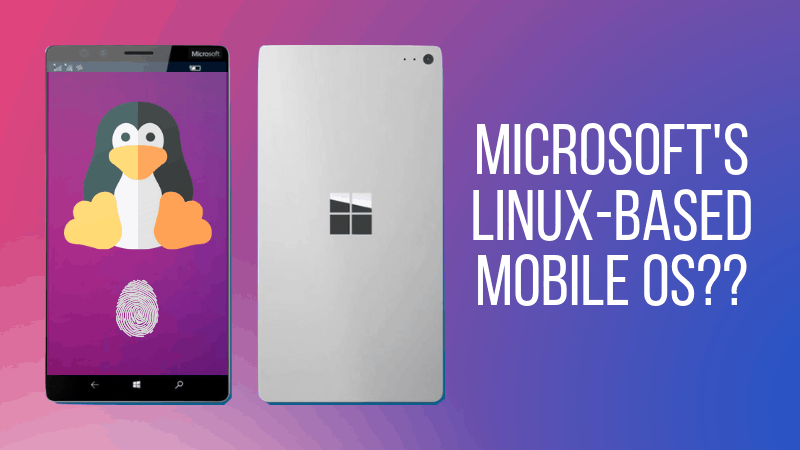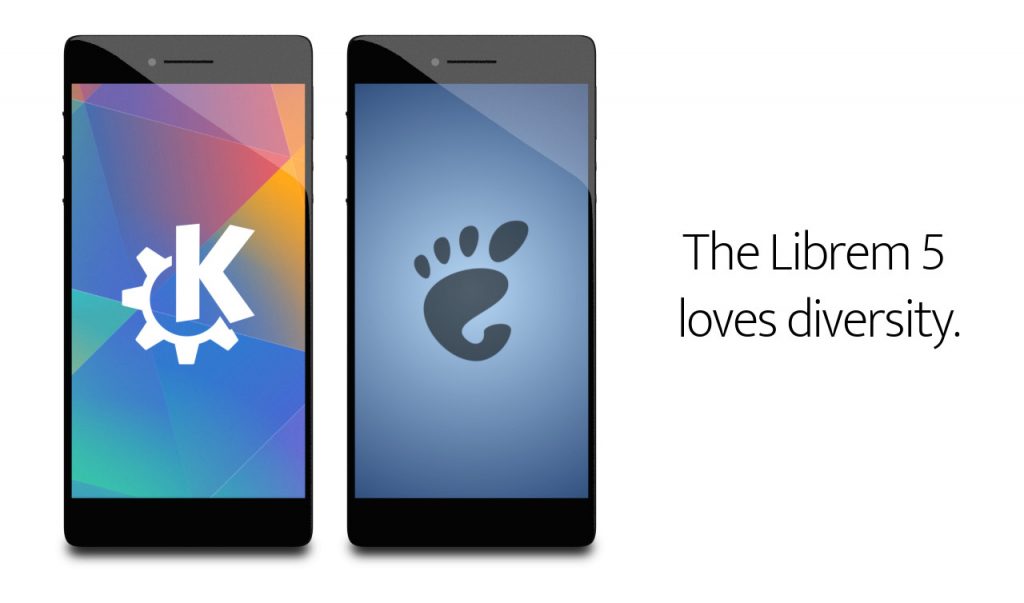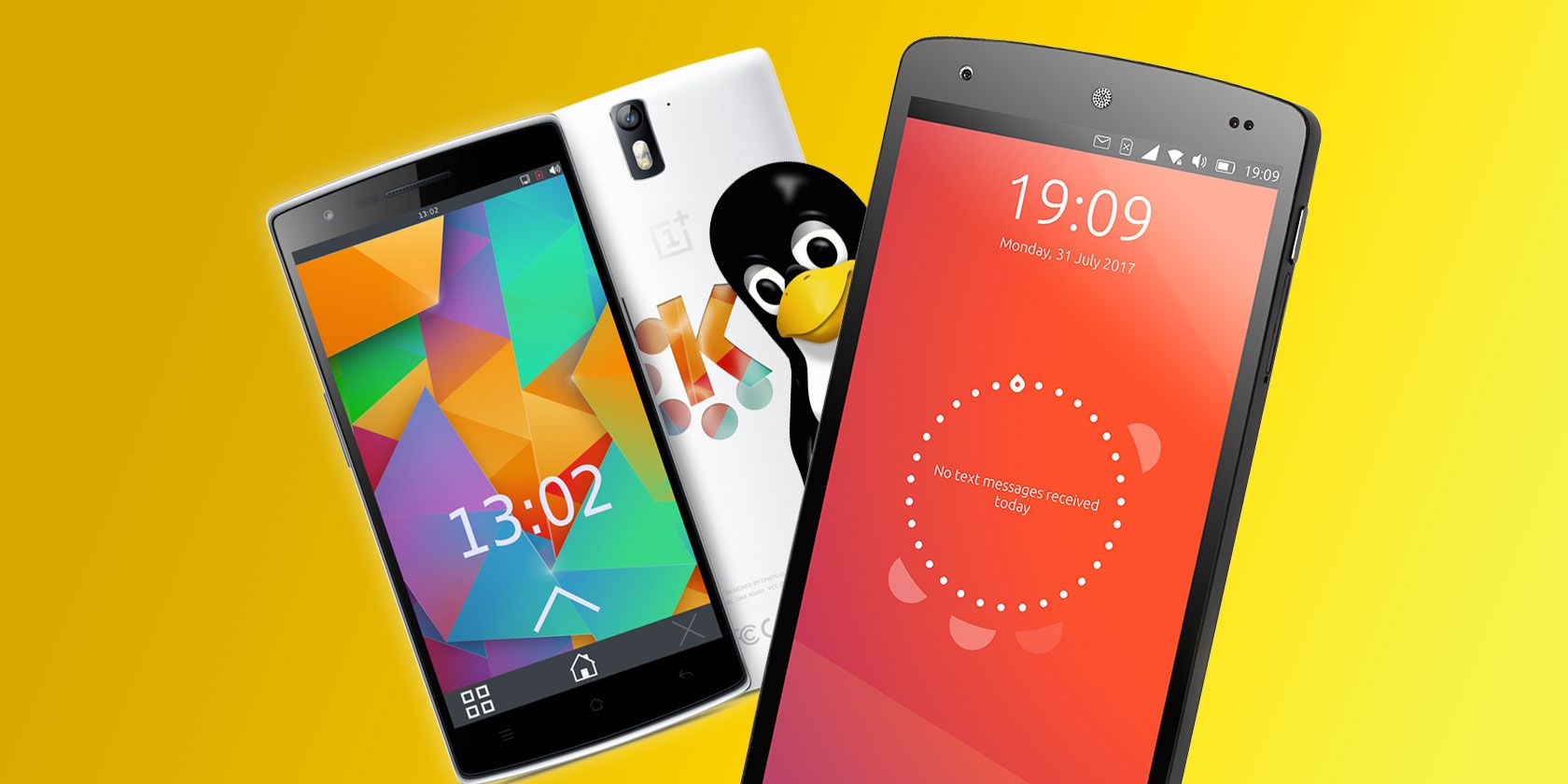When it comes to mobile operating systems, there are various options available in the market. One of the most prominent and widely used types of mobile operating systems is Mobile Linux. Let’s take a closer look at the different mobile operating systems and explore which ones fall under the category of Mobile Linux.

Credit: itsfoss.com
Understanding Mobile Operating Systems
Before delving into the specifics of Mobile Linux, it’s essential to understand the concept of mobile operating systems. These systems are the software platforms that facilitate the basic functionalities of mobile devices. They serve as the intermediary between the hardware and the user, providing an interface for interaction and enabling the execution of applications.
Popular Mobile Operating Systems
There are several widely recognized mobile operating systems, each with its unique features and capabilities. Some of the most popular ones include:
- Android
- iOS
- Windows Phone
- BlackBerry OS
Introduction to Mobile Linux
Mobile Linux, as the name suggests, refers to the utilization of the Linux kernel in mobile operating systems. The Linux kernel, being open-source and highly customizable, has been adapted and integrated into various mobile platforms, giving rise to the category of Mobile Linux.
Mobile Operating Systems Based On Linux
Several mobile operating systems are built on the foundation of the Linux kernel. These include:
- Android: Arguably the most well-known Mobile Linux OS, Android is utilized in a plethora of smartphones and tablets. It is open-source and provides a rich ecosystem of apps and services.
- Ubuntu Touch: Developed by Canonical, Ubuntu Touch is a Mobile Linux OS tailored for mobile devices. It offers convergence features, enabling seamless transitioning between mobile and desktop modes.
- Sailfish OS: Based on the Mer project and utilizing the Linux kernel, Sailfish OS provides a unique user experience and supports compatibility with Android applications.
Advantages of Mobile Linux
Mobile Linux-based operating systems offer several advantages, which contribute to their widespread adoption and appeal. Some of these benefits include:
- Open-Source Nature: The open-source characteristic of Mobile Linux OS fosters community-driven development, customization, and innovation.
- Customization: Users can modify and tailor Mobile Linux-based systems to suit their preferences, leading to a diverse range of user experiences.
- Security: Linux-based systems are known for their robust security features, ensuring a secure environment for mobile users.
- Performance: The efficiency and performance optimization of the Linux kernel translate into smooth and responsive mobile experiences.

Credit: puri.sm
Future Perspectives
As the mobile landscape continues to evolve, the relevance and impact of Mobile Linux are expected to grow. With ongoing developments, collaborations, and advancements in the field, Mobile Linux-based operating systems are poised to play a significant role in shaping the future of mobile technology.
In Conclusion
Mobile Linux encompasses a range of mobile operating systems that leverage the power and adaptability of the Linux kernel. With their open-source nature, flexibility, and robust performance, these systems offer compelling options for users seeking innovative and customizable mobile experiences.
